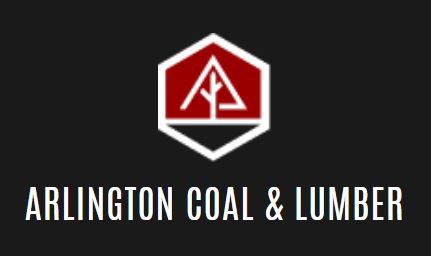National nonresidential construction spending increased by 1.3 percent in January, according to an Associated Builders and Contractors analysis of Census Bureau data.
On a seasonally adjusted annualized basis, nonresidential spending for the month totaled $838.9 billion.
In nine of the 16 nonresidential subcategories, monthly spending increased. Private nonresidential construction spending rose by 1.8 percent in January, while public nonresidential construction spending rose by 0.5 percent.
“Normally, headline numbers indicating that construction investment increased in America would be cause for celebration,” ABC Chief Economist Anirban Basu said.
“However, the construction spending data are not adjusted for inflation, and construction spending was likely lower in real terms for the month.”
Total construction spending is up more than 8% from last year, but material prices are up roughly 24% during the same period. Workers’ compensation costs are also skyrocketing.
As a result, contractor profit margin expectations have deteriorated in recent months, according to ABC’s Construction Confidence Index.
“The situation is worse in the nonresidential construction segment,” Basu said.
“While residential construction spending is up 13 percent year over year, nonresidential spending is up less than 4 percent.”
Certain categories of spending are declining in both real and nominal terms.
The drop in pandemic-related construction spending has resulted in a 35% drop in public safety spending.
The pandemic’s financial impact on the education sector has resulted in a 7% decrease in education-related construction spending.
In nominal terms, spending in the beleaguered lodging segment has fallen by nearly 25%.
“Russia’s invasion of Ukraine will not help,” said Basu.
“As the price of oil and other key inputs rises, so does the cost of providing construction services.”
“As a result of the increased costs, some project owners have already postponed projects in the hope of receiving more favorable bids in the future.”
Steel, copper, aluminum, neon, and nickel prices have all been affected by the outbreak of war, and sanctions and export restrictions against Russia will remain in place long after hostilities have ended.”











